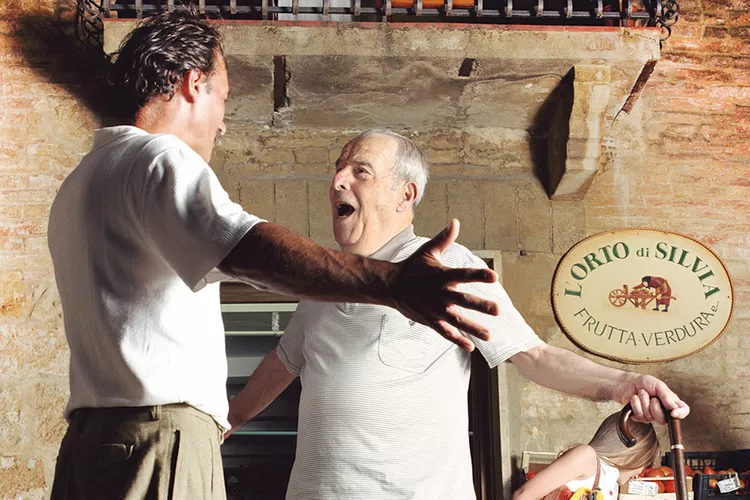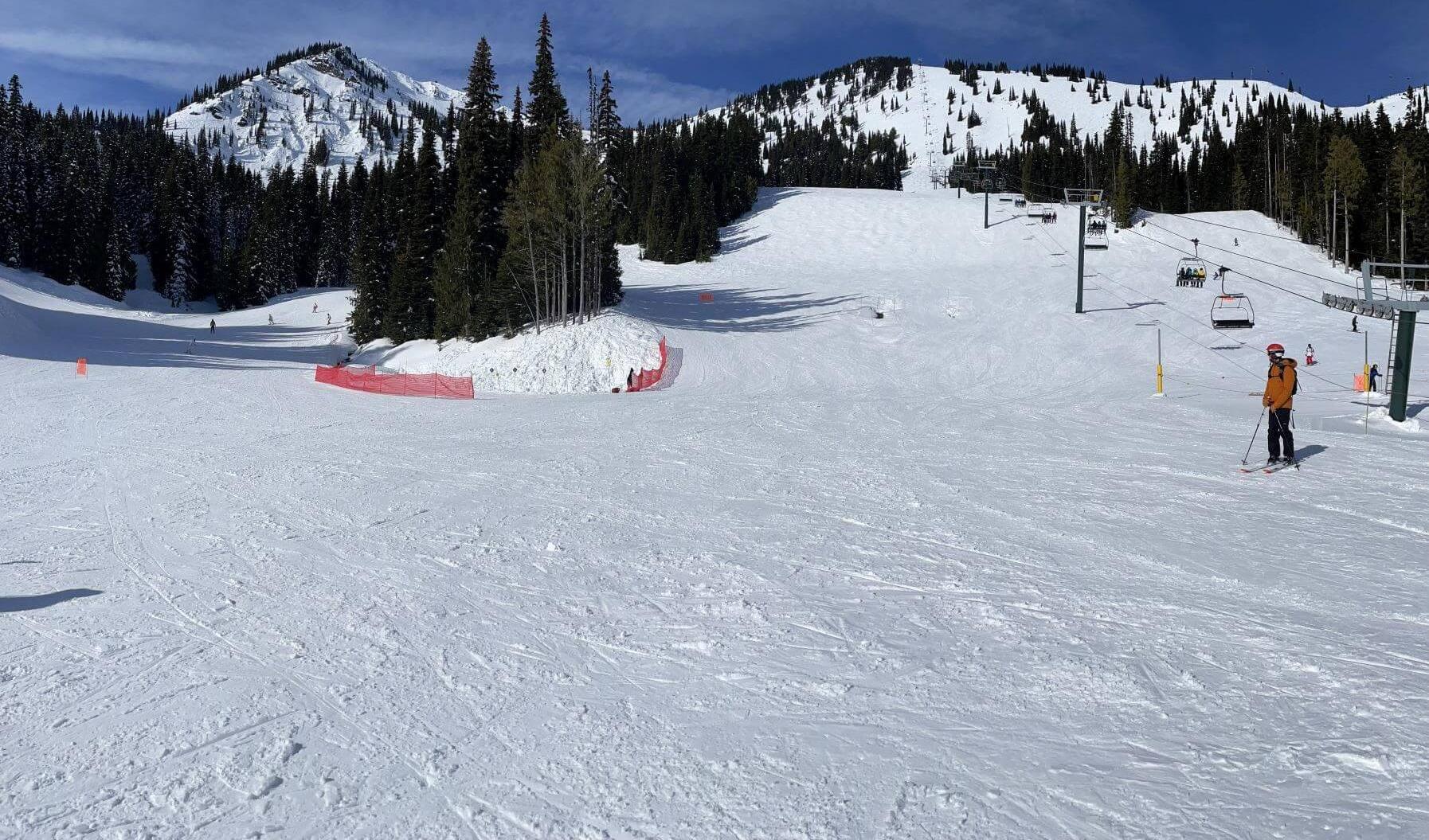1. Gearing Up for Travel: The Importance of Language
2. Enhancing Your Travel Experience: Saying Hello Worldwide
3. Learn Hello in 100 Different Languages
Gearing up for a trip? Here’s how to say “hello” in different languages spoken around the world.

The world is becoming a smaller place. Thanks to new technology and better modes of travel, we’re all able to connect faster than ever before. Therefore, learning a second language may be a great idea, especially for jet setters.
“Besides the obvious convenience of being able to communicate your basic traveling needs, learning another language could be the difference between a fun vacation and a life-changing experience,” Esteban Touma, a Babbel Live Teacher and language learning expert, shares with GoTravelDaily. “Sure, you can visit some tourist spots and see the highlights, but the best way to really connect with others and experience a different culture is through language. Even maintaining basic conversations will make your host country a more welcoming place.”
Moreover, if you’re an adult who’s never learned a second language, Touma says that shouldn’t stop you from trying.
“It takes effort and patience, but in general, I think the reason why people think it’s hard is because it’s such a different learning experience than anything else,” Touma comments. “And as adults, it’s harder for us to keep an open mind. It’s not like learning chemistry or the history of the place you’re visiting; rather, it’s akin to learning how to play tennis. You can study the rules, you can practice your serves, but the best way to learn is to go out there and swing that racket, even if initially you’ll just lob the ball and miss the court. Just try to have fun.”
Don’t have time to learn an entire language before your trip? That’s OK. Just make sure to master this one word: Hello.
“It’s certainly the first thing you should learn,” Touma adds. “Just approaching someone and having this, the most basic of interactions, will open you up to a new reality.”
Here are 100 ways to say hello in different languages, translated by Google Translate and verified in part by our friends at Babbel, so you’re ready for wherever your travels take you next.
100 Ways to Say Hello in Different Languages
Afrikaans: Hallo
Where it’s spoken: South Africa
Albanian: Përshëndetje
Where it’s spoken: Albania, Kosovo
Amharic: ሰላም (pronounced “salam”)
Where it’s spoken: Ethiopia
Arabic: مرحبا (pronounced “marhaba”)
Where it’s spoken: Middle East, North Africa
Armenian: Բարև (pronounced “barev”)
Where it’s spoken: Armenia
Azerbaijani: Salam
Where it’s spoken: Azerbaijan
Basque: Kaixo
Where it’s spoken: Northern Spain and Southern France
Bengali: নমস্কার (pronounced “nomoshkar”)
Where it’s spoken: Bangladesh
Bhutanese: Kuzu zangpo la
Where it’s spoken: Bhutan
Bosnian: Zdravo
Where it’s spoken: Bosnia and Herzegovina
Bulgarian: Здравейте (pronounced “zdraveĭte”)
Where it’s spoken: Bulgaria
Burmese: ဟယ်လို (pronounced “hailo”)
Where it’s spoken: Myanmar
Cambodian/Khmer: ជំរាបសួរ (pronounced “chomreabsuor”)
Where it’s spoken: Cambodia
Cantonese Chinese: 哈囉 (pronounced “ha lo”)
Where it’s spoken: Hong Kong, Macau
Chichewa: Moni
Where it’s spoken: Malawi
Croatian: Bok
Where it’s spoken: Croatia
Czech: Ahoj
Where it’s spoken: Czech Republic
Danish: Hej
Where it’s spoken: Denmark
Dutch: Hallo
Where it’s spoken: Netherlands, Belgium, Suriname
English: Hello
Where it’s spoken: Globally
Estonian: Tere
Where it’s spoken: Estonia
Farsi/Persian: سلام (pronounced “salam”)
Where it’s spoken: Iran, Afghanistan
Fijian: Bula
Where it’s spoken: Fiji
Finnish: Hei
Where it’s spoken: Finland
French: Bonjour
Where it’s spoken: France, Canada, Belgium, Switzerland
Georgian: გამარჯობა (pronounced “gamardjoba”)
Where it’s spoken: Georgia
German: Hallo
Where it’s spoken: Germany, Austria, Switzerland
Greek: Γειά σας (pronounced “geia sas”)
Where it’s spoken: Greece, Cyprus
Hausa: Sannu
Where it’s spoken: Nigeria, Niger
Hawaiian: Aloha
Where it’s spoken: Hawaii
Hebrew: שלום (pronounced “shalom”)
Where it’s spoken: Israel
Hmong: Nyob zoo
Where it’s spoken: Southeast Asia, United States
Hungarian: Szia
Where it’s spoken: Hungary
Icelandic: Halló
Where it’s spoken: Iceland
Igbo: Ndewo
Where it’s spoken: Nigeria
Indonesian: Halo
Where it’s spoken: Indonesia
Italian: Ciao
Where it’s spoken: Italy
Japanese: こんにちは (pronounced “konnichiwa”)
Where it’s spoken: Japan
Kannada: ಹಲೋ (pronounced “halo”)
Where it’s spoken: Karnataka (India)
Kazakh: Сәлеметсіз бе (pronounced “salemetsiz be”)
Where it’s spoken: Kazakhstan
Khmu: ສະບາຍດີ (pronounced “sabaidee”)
Where it’s spoken: Laos
Kinyarwanda: Muraho
Where it’s spoken: Rwanda
Kiribati: Moa oti
Where it’s spoken: Kiribati
Korean: 안녕하세요 (pronounced “annyeonghaseyo”)
Where it’s spoken: South Korea
Kyrgyz: Салам (pronounced “salam”)
Where it’s spoken: Kyrgyzstan
Lao: ສະບາຍດີ (pronounced “sabaidee”)
Where it’s spoken: Laos
Latvian: Sveiki
Where it’s spoken: Latvia
Lithuanian: Sveiki
Where it’s spoken: Lithuania
Luganda: Wabula
Where it’s spoken: Uganda
Macedonian: Здраво (pronounced “zdravo”)
Where it’s spoken: North Macedonia
Malagasy: Manao ahoana
Where it’s spoken: Madagascar
Malay: Hai
Where it’s spoken: Malaysia, Indonesia
Malayalam: നമസ്കാരം (pronounced “namaskaram”)
Where it’s spoken: Kerala (India)
Mandarin Chinese: 你好 (pronounced “nǐ hǎo”)
Where it’s spoken: China, Taiwan, Singapore, Malaysia
Maori: Kia ora
Where it’s spoken: New Zealand
Marshallese: Yokwe
Where it’s spoken: Marshall Islands
Mongolian: Сайн байна уу (pronounced “sain baina uu”)
Where it’s spoken: Mongolia
Ndebele: Sawubona
Where it’s spoken: South Africa, Zimbabwe
Nepali: नमस्ते (pronounced “namaste”)
Where it’s spoken: Nepal
Norwegian: Hei
Where it’s spoken: Norway
Nyanja: Moni
Where it’s spoken: Zambia
Oromo: Akkam
Where it’s spoken: Ethiopia
Polish: Cześć
Where it’s spoken: Poland
Portuguese: Olá
Where it’s spoken: Portugal, Brazil
Punjabi: ਸਤ ਸ੍ਰੀ ਅਕਾਲ (pronounced “sat sri akaal”)
Where it’s spoken: Punjab (India and Pakistan)
Romanian: Salut
Where it’s spoken: Romania
Russian: Здравствуйте (pronounced “zdravstvuyte”)
Where it’s spoken: Russia, Belarus, Kazakhstan
Samoan: Talofa
Where it’s spoken: Samoa
Serbian: Здраво (pronounced “zdravo”)
Where it’s spoken: Serbia, Montenegro, Bosnia and Herzegovina
Sesotho: Lumela (pronounced “dumela”)
Where it’s spoken: Lesotho
Setswana: Dumela
Where it’s spoken: Botswana
Shona: Mhoro
Where it’s spoken: Zimbabwe
Sinhala: හෙලෝ (pronounced “helo”)
Where it’s spoken: Sri Lanka
Slovak: Ahoj
Where it’s spoken: Slovakia
Slovenian: Živijo
Where it’s spoken: Slovenia
Somali: Salaam alaykum
Where it’s spoken: Somalia
Spanish: Hola
Where it’s spoken: Spain, Latin America
Sranan Tongo: Odi
Where it’s spoken: Suriname
Swahili: Habari
Where it’s spoken: East Africa
Swati: Sawubona
Where it’s spoken: Swaziland
Swedish: Hej
Where it’s spoken: Sweden, Finland
Tagalog/Filipino: Kamusta
Where it’s spoken: Philippines
Tahitian: Ia ora na
Where it’s spoken: French Polynesia
Tajik: Салом (pronounced “salam”)
Where it’s spoken: Tajikistan
Tamil: வணக்கம் (pronounced “vanakkam”)
Where it’s spoken: Tamil Nadu (India), Sri Lanka
Telugu: నమస్తే (pronounced “namaste”)
Where it’s spoken: Andhra Pradesh (India)
Thai: สวัสดี (pronounced “sawatdee”)
Where it’s spoken: Thailand
Tigrinya: ሰላም (pronounced “salam”)
Where it’s spoken: Eritrea
Tongan: Mālō e lelei
Where it’s spoken: Tonga
Turkish: Merhaba
Where it’s spoken: Turkey
Turkmen: Salam
Where it’s spoken: Turkmenistan
Ukrainian: Вітаю (pronounced “vitayu”)
Where it’s spoken: Ukraine
Urdu: سلام (pronounced “salam”)
Where it’s spoken: Pakistan
Uzbek: Salom
Where it’s spoken: Uzbekistan
Vietnamese: Xin chào
Where it’s spoken: Vietnam
Wolof: Salam
Where it’s spoken: Senegal, Gambia, Mauritania
Xhosa: Molo
Where it’s spoken: South Africa
Xitsonga: Avuxeni
Where it’s spoken: South Africa, Mozambique, Swaziland, Zimbabwe
Yoruba: Bawo ni
Where it’s spoken: Nigeria, Benin
Zulu: Sawubona
Where it’s spoken: South Africa





